Course Includes:
- Mode: Offline\Online
- Language: English\Hindi
- Certificate: Yes
- Project Certificate: Yes
Introduction to Cybersecurity: The course should provide a comprehensive understanding of what cybersecurity is, its importance, and its role in protecting digital assets. This will help students grasp the fundamental and applications of cybersecurity in various domains.
Cyber Threats and Attack Vectors: The course should cover different types of cyber threats and attack vectors, including malware, phishing, and social engineering. This will help students understand the methods used by hackers to exploit vulnerabilities and compromise systems.
Cybersecurity Technologies and Tools: The course should cover various cybersecurity technologies and tools used to detect, prevent, and respond to cyber threats. This will help students familiarize themselves with firewalls, intrusion detection systems (IDS), and encryption techniques.
Cybersecurity Policies and Compliance: The course should cover cybersecurity policies and compliance frameworks, such as ISO 27001 and GDPR. This will help students understand the legal and regulatory requirements for protecting sensitive information and maintaining data privacy.
Cyber Incident Response and Forensics: The course should provide an overview of incident response procedures and digital forensics techniques used to investigate cyber incidents. This will help students learn how to effectively respond to security breaches and collect evidence for further analysis.
Hands-on Experience: The course should offer hands-on experience with cybersecurity tools and technologies. This practical approach will enable students to apply their theoretical knowledge in real-world scenarios, allowing them to develop crucial skills in identifying, preventing, and mitigating cyber threats.
Module 1
Overview of cyber threats and vulnerabilities
Importance of cyber security in today's digital landscape
Key cyber security concepts
Module 2
Principles of information security
CIA triad (Confidentiality, Integrity, Availability)
Risk management and threat modeling
Security governance
Compliance frameworks (e.g., ISO 27001, NIST)
Module 3
Network architecture and protocols
Firewalls, Intrusion Detection Systems (IDS), and Intrusion Prevention Systems (IPS)
Virtual Private Networks (VPNs) and secure remote access
Wireless network security
Module 4
Securing operating systems (Windows, Linux, macOS)
User authentication and access control
Patch management and software updates
Host-based firewalls and antivirus software
Module 5
Common web vulnerabilities ( Cross-Site Scripting, SQL Injection)
Secure coding practices and input validation
Web application firewalls
Secure Socket Layer/Transport Layer Security (SSL/TLS)
Module 6
Cryptographic algorithms and protocols
Symmetric and asymmetric encryption
Digital signatures and certificates
Key management and certificate authorities
Module 7
Types of malware (viruses, ransomware)
Malware detection and prevention techniques
Social engineering attacks (phishing,
pretexting, baiting)
Security awareness and user training
Module 8
Incident response process and procedures
Incident handling and containment
Digital forensics and evidence collection
Incident reporting and lessons learned
6 Month Course Content
+
Module 9
Vulnerability assessment and scanning
Penetration testing methodologies
Ethical hacking techniques and tools
Report & remediating security vulnerabilities
Module 10
Security Information and Event Management
Intrusion detection and prevention systems
Log analysis and correlation
Security incident detection and response
Module 11
Secure coding practices and principles
Secure software development lifecycle
Code review and vulnerability testing
Secure deployment & configuration management
Module 12
Cloud computing concepts and service models (IaaS, PaaS, SaaS)
Cloud security challenges and best practices
Identity and access management in the cloud
Data privacy and encryption in the cloud
Module 13
Mobile device security and management
Mobile application security
Internet of Things (IoT) security challenges
Securing IoT devices and networks
Module 14
Legal frameworks and regulations related to cyber security
Ethical hacking and responsible disclosure
Privacy and data protection laws
Cyber security ethics and professional conduct
Module 15
Overview of emerging cyber threats and attack vectors
Security implications of technologies such as AI, blockchain, and IoT
Security in a hyper-connected world (5G, smart cities, etc.)
Future directions in cyber security
Module 16
Real-world case studies highlighting cyber security incidents and their impact
Hands-on exercises and simulations to reinforce concepts and skills
Practical application of cyber security techniques and tools
Module 17
Overview of relevant cyber security certifications (e.g., CompTIA Security+, CISSP)
Exam format and question types
Tips and strategies for exam preparation
Practice exams and review sessions
NA

C is one of the most influential programming languages in the hist...
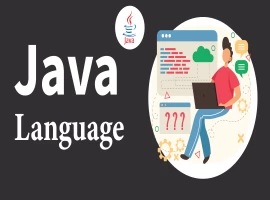
Java is one of the most popular programming languages in the world...

C++ is a powerful, versatile, and widely used programming language...
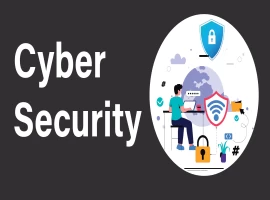
Cyber Security is the study of how th...
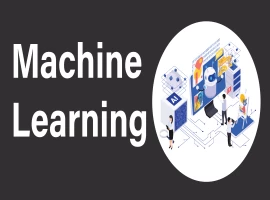
Machine learning is a subfield of artificial intelligence (AI) tha...

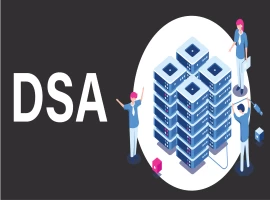
A data structure is a way of organizing and storing data in a computer so that it can be accessed and modified efficien...
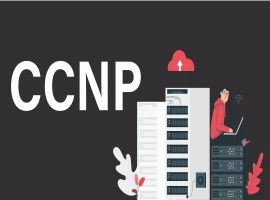
Cisco Certified Network Professional (CCNP) is an intermediate level certifi...
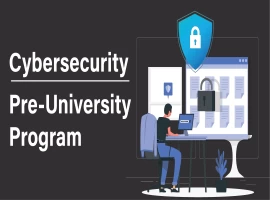
Introduction to Cybersecurity: The course should provide a comprehensive...

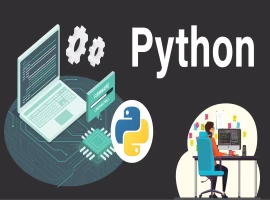
Python is a versatile and beginner-friendly programming language known for its simplicity and readability. In recent years, it has gained immense p...

This course provides a comprehensive introduction to cloud computing, exploring the key concepts, services, and architectures that define cloud env...
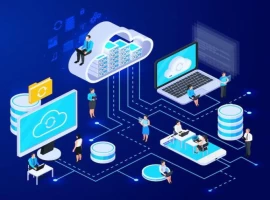
This course offers a foundational understanding of computer networking concepts, protocols, and technologies. It is designed for individuals who ar...

This course provides an in-depth introduction to Artificial Intelligence (AI), covering its core concepts, algorithms, and applications. It is desi...

This comprehensive CCNA course is designed to equip you with the foundational knowledge and practical skills required to install,...